Download the Pasture Bullies handout on toxic plants.
Tansy Ragwort is the toxic weed of the moment. It’s bright yellow flower can been seen throughout our rural areas. In many places, however, good neighbors and land managers are out there pulling it. But there are other toxic plants you should be aware of. “Pasture Bullies” are plants that are toxic to horses and livestock. These toxic plants include invasive weeds and non-pasture plants, including native plants, that can seriously harm or kill your animals.
Clackamas Soil and Water Conservation District offers a handout that provides information on many of these “Pasture Bullies.” Learn how to identify toxic plants in or around your pasture or in imported hay. You can download the handout below for easy reference!
The danger of these toxic plants is dependent on the quantity consumed by your animals. The handout does not list every plant that might be toxic to horses or livestock. Instead, the list focuses on plants that are commonly found in Western Oregon.
If you have an animal that you believe has been poisoned, contact a veterinarian immediately.
Download Pasture Bullies Handout on Toxic Plants

Tansy ragwort is highly toxic to horses.
Tips to Avoid Plant Toxicity
You can avoid plant toxicity by creating an environment where toxic plants are not able to thrive and spread. One way to do this is to reduce and control weeds. Consider developing a land management system using Integrated Pest Management (IPM).
Part of IPM is managing pastures for healthy soil and high-quality forage. Invasive weeds have a hard time competing with vigorous, healthy plants.
- Allow grasses to recover after grazing. Never graze below 3” before moving animals to another pasture paddock.
- Divide your land into smaller paddocks and rotate your animals together through each area. This allows other areas to rest and regrow.
- Create a sacrifice area for use during the rainy season. This protects soil and grasses from hooves that are very destructive on wet pastures.
- Test your soil. Add manure, lime, or fertilizer to improve soil fertility as recommended by test results.
Additional Resources
- Protect Your Horses and Livestock From Toxic Plants. – This is a guide to identifying and controlling common, toxic noxious weeds and other toxic plant species. Produced by the Washington State Noxious Weed Control Board
- Tips on Land & Water Management for Small Acreages in Oregon
- Managing Small-Acreage Horse Farms in Western Oregon and Western Washington. Written by Melissa Fery, David Hannaway, Garry Stephenson, Linda J. Brewer, and Scott Duggan
Questions About “Pasture Bullies” and Pasture Management?
If you would like more information about toxic plants or pasture management, contact the Clackamas Soil and Water Conservation District. We have conservation planners and weed specialists who can help. Learn how to keep your livestock safe and improve your pasture. Give us a call at 503-210-6000.

